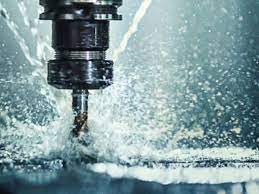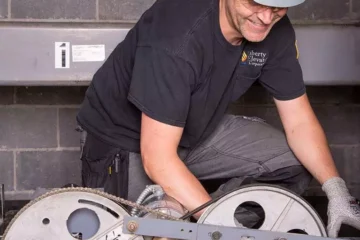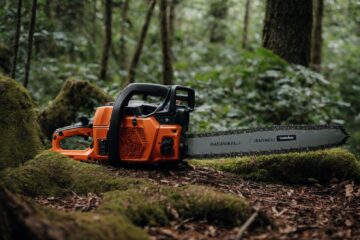In the realm of manufacturing, construction, and DIY projects, drilling machines play a pivotal role in shaping the final outcome. From basic household repairs to large-scale industrial applications, the right drilling machine can make all the difference. In this comprehensive overview, we will delve into 10 different types of drilling machines, exploring their features, functionalities, and applications.
**1. The Electric Hand Drill: A Versatile Powerhouse
One of the most common and versatile drilling machines is the electric hand drill. With its compact design and portability, it’s ideal for various tasks around the house. From installing shelves to assembling furniture, the electric hand drill is a must-have for DIY enthusiasts and professionals alike.
**2. The Cordless Drill: Unleashing Freedom
For those who crave mobility and freedom from cords, the cordless drill is a game-changer. Powered by rechargeable drill machine types, it offers the flexibility to work in tight spaces or areas without a power source. Perfect for carpentry, plumbing, and electrical work, the cordless drill is a reliable companion for on-the-go projects.
**3. The Impact Drill: Beyond Standard Drilling
When faced with tough materials like masonry or concrete, the impact drill rises to the occasion. With a pulsating action, it delivers rapid bursts of force, making it adept at drilling through challenging surfaces. Construction professionals and renovation experts often rely on the impact drill for its efficiency and power.
**4. The Drill Press: Precision at its Finest
For projects demanding precision and accuracy, the drill press takes center stage. Mounted on a sturdy stand, it offers stability and control, allowing for consistent drilling depths and angles. Woodworkers and metal fabricators favor the drill press for intricate tasks that demand meticulous attention to detail.
**5. The Magnetic Drill: Tapping into Vertical Surfaces
When horizontal drilling isn’t an option, the magnetic drill steps in. Designed to adhere to vertical surfaces through strong magnets, it excels in situations where other drills might falter. Commonly used in metal fabrication and construction, the magnetic drill proves its worth in challenging environments.
**6. The Rotary Hammer: Conquering Tough Materials
When it comes to drilling into solid rock or heavy-duty concrete, the rotary hammer is the go-to machine. Its pneumatic or electric hammering action, combined with rotation, allows for efficient drilling through the toughest materials. Construction professionals working on infrastructure projects often rely on the rotary hammer for its high impact.
**7. The Core Drill: Precision in Large Diameters
For projects requiring large-diameter holes, the core drill takes the spotlight. Whether it’s creating openings for plumbing or HVAC systems, the core drill excels at producing clean and precise holes. Its ability to cut through thick materials makes it an essential tool in construction and renovation projects.
**8. The Bench Drill: Stability for Workshop Projects
When a project demands stability and control, the bench drill is the preferred choice. Mounted on a workbench, it provides a secure platform for drilling tasks. Woodworkers, metalworkers, and hobbyists benefit from the bench drill’s precision, making it an indispensable tool in workshops.
**9. The Radial Drill: Extending Reach and Flexibility
In situations where a standard drill press falls short, the radial drill extends its reach. With its adjustable arm, it can drill holes at varying distances from the column, offering flexibility in tackling large workpieces. Manufacturing plants and metal fabrication shops often employ the radial drill for its versatility.
**10. The Pneumatic Drill: Powering Through Industrial Tasks
For heavy-duty industrial applications, the pneumatic drill reigns supreme. Harnessing the power of compressed air, it delivers unparalleled force, making it suitable for tasks like mining, quarrying, and large-scale construction. The pneumatic drill’s robust design and ability to handle demanding conditions make it an indispensable tool in the industrial sector.
In conclusion, mastering the craft of drilling involves understanding the diverse range of drilling machines available and selecting the right tool for the job. Whether you’re a DIY enthusiast, a woodworker, a metal fabricator, or an industrial professional, having a comprehensive knowledge of drilling machines and their applications is key to achieving success in your projects.
Stay in touch to get more updates & alerts on Washington Greek! Thank you



